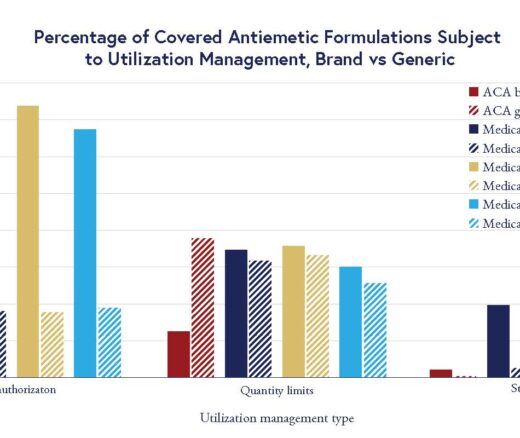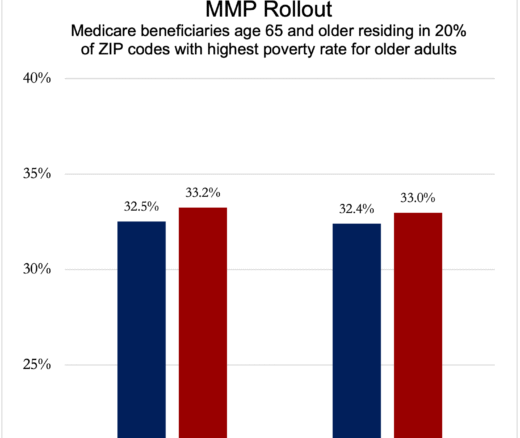
Patients Face New Barriers for GLP-1 Drugs Like Wegovy and Ozempic
Even With Lower Prices, Medicare, Medicaid, and Other Insurers Tighten Coverage for Drugs Like Mounjaro and Zepbound Using Prior Authorization and Other Tools
In Their Own Words

The following excerpt is from an op-ed that first appeared in STAT News on December 13th, 2023.
Imagine being in the midst of your pregnancy, and you learn that your baby is unlikely to live for more than a few fleeting moments after birth. There is no cure for their condition. Nothing can prevent their death.
Most people think they will never be in such a situation. And most people are right. But Kate Cox’s case in Texas this week serves as a stark wake-up call to the nation: This could happen to you or someone you care about, and medical exceptions to anti-abortion laws won’t offer a safe haven.
The Texas Supreme Court on Monday overturned a lower court’s approval for an abortion sought by Cox, who was more than 20 weeks pregnant and facing a life-limiting fetal diagnosis of trisomy 18. This meant that her pregnancy was highly likely to result in pregnancy loss, stillbirth, or infant death. Despite her doctors’ concerns that her pregnancy risked her health and future fertility, the Texas Supreme Court found that those risks were not sufficient to warrant the exception. The ruling said that the doctor requesting the exception “could not, or at least did not, attest to the court that Ms. Cox’s condition poses the risks the exception requires.” The decision came in what is believed to be the first such case since the Supreme Court’s overturn of Roe v. Wade. It won’t be the last.
The case casts a glaring light on the futility and confusion tied to medical exceptions within anti-abortion laws that seek to regulate the most painful pregnancy complications.
Life-limiting fetal conditions, like trisomy 18, are relatively rare (about 1 in every 5,000 babies born each year). Here’s the catch: Those statistics rarely capture the many cases where death occurs before birth. And, with more people having pregnancies at an older age, the odds of facing these conditions are rising.
As a nurse who has worked with people facing these devastating diagnoses, I know that both abortion care and continuing pregnancy with palliative care can be safe options that ease suffering. Expectant parents, even when choosing different pathways, often share a common goal: a deep desire to protect their anticipated child…. I am not saying that abortion care is the right choice for everyone facing life-limiting fetal conditions. Pregnancy continuation with palliative care can be a beautiful and compassionate choice that I champion through research, advocacy, and clinician education.
Laws forcing people into this care, however, add avoidable tragedy to these families’ inevitable loss. It is well established that people who can obtain the care they seek have better health outcomes than those who are denied their options.
Read the entire op-ed here.


Even With Lower Prices, Medicare, Medicaid, and Other Insurers Tighten Coverage for Drugs Like Mounjaro and Zepbound Using Prior Authorization and Other Tools

A 2024 Study Showing How Even Small Copays Reduce PrEP Use Fueled Media, Legal, and Advocacy Efforts As Courts Weighed a Case Threatening No-Cost Preventive Care for Millions

Chart of the Day: LDI Researchers Report Major Coverage Differences Across ACA and Medicaid Plans, Affecting Access to Drugs That Treat Chemo-Related Nausea

Insurers Avoid Counties With Small Populations and Poor Health but a New LDI Study Finds Limited Evidence of Anticompetitive Behavior

A Proven, Low-Risk Treatment Is Backed by Major Studies and Patient Demand, Yet Medicare and Insurers Still Make It Hard To Use

Chart of the Day: Medicare-Medicaid Plans—Created to Streamline Care for Dually Eligible Individuals—Failed to Increase Medicaid Participation in High-Poverty Communities